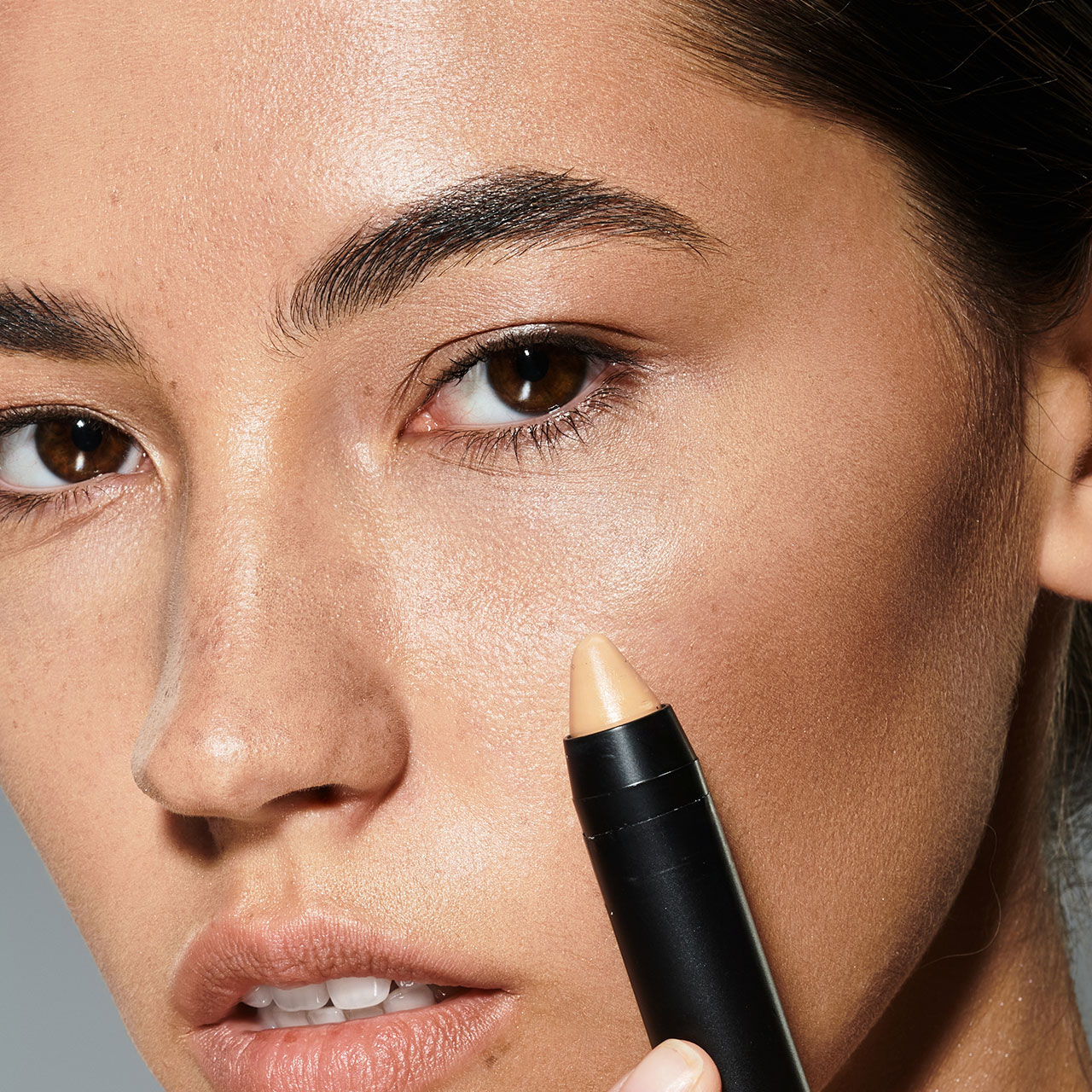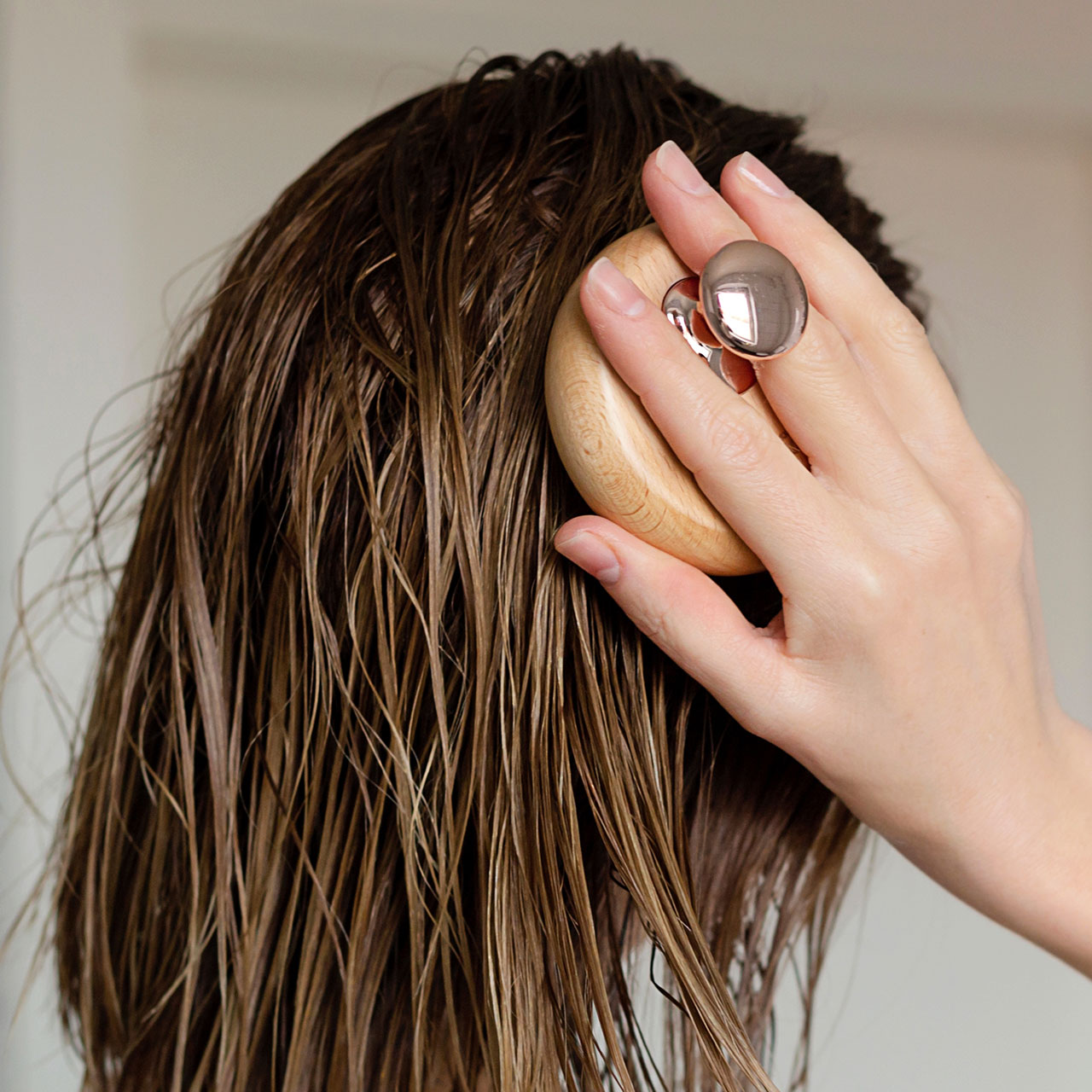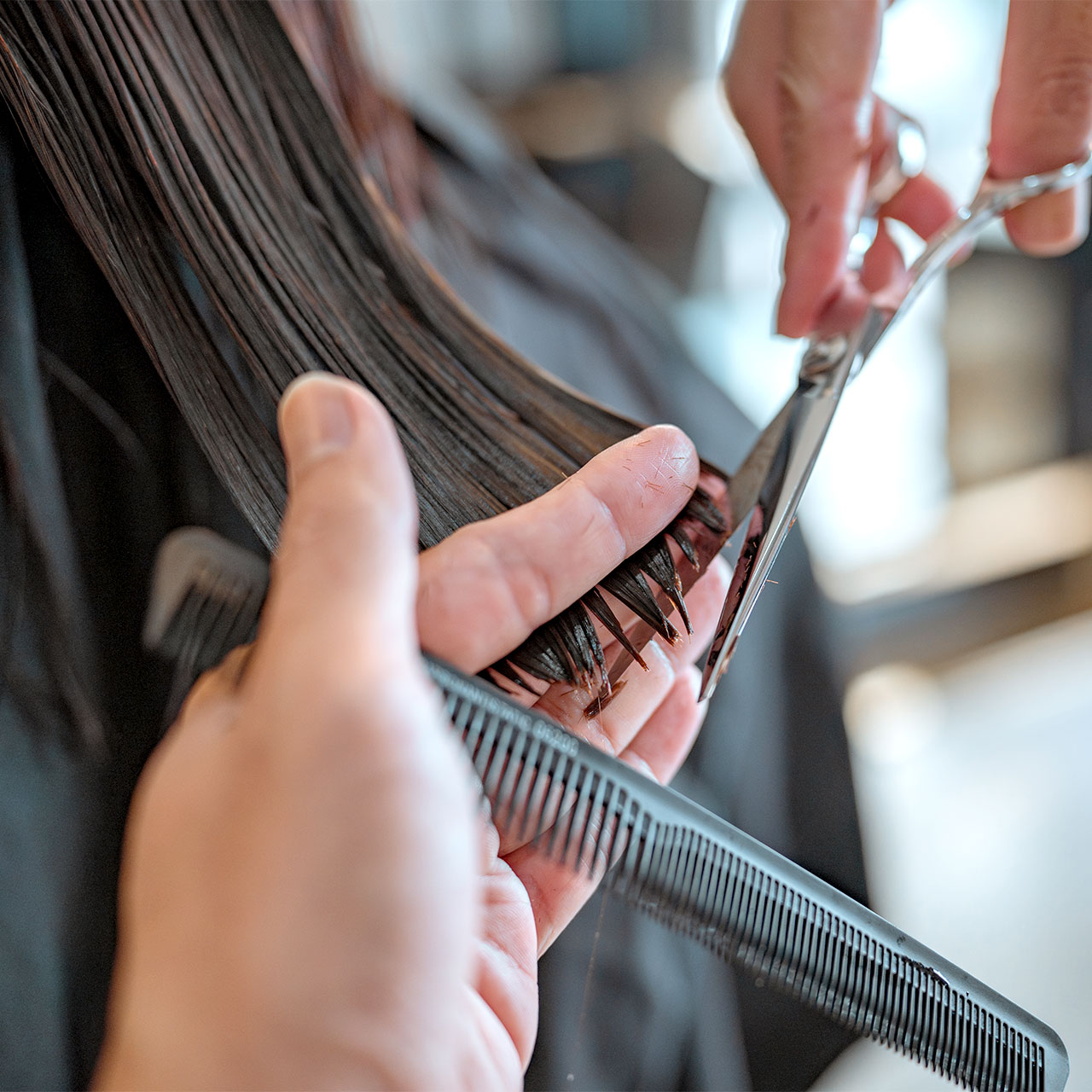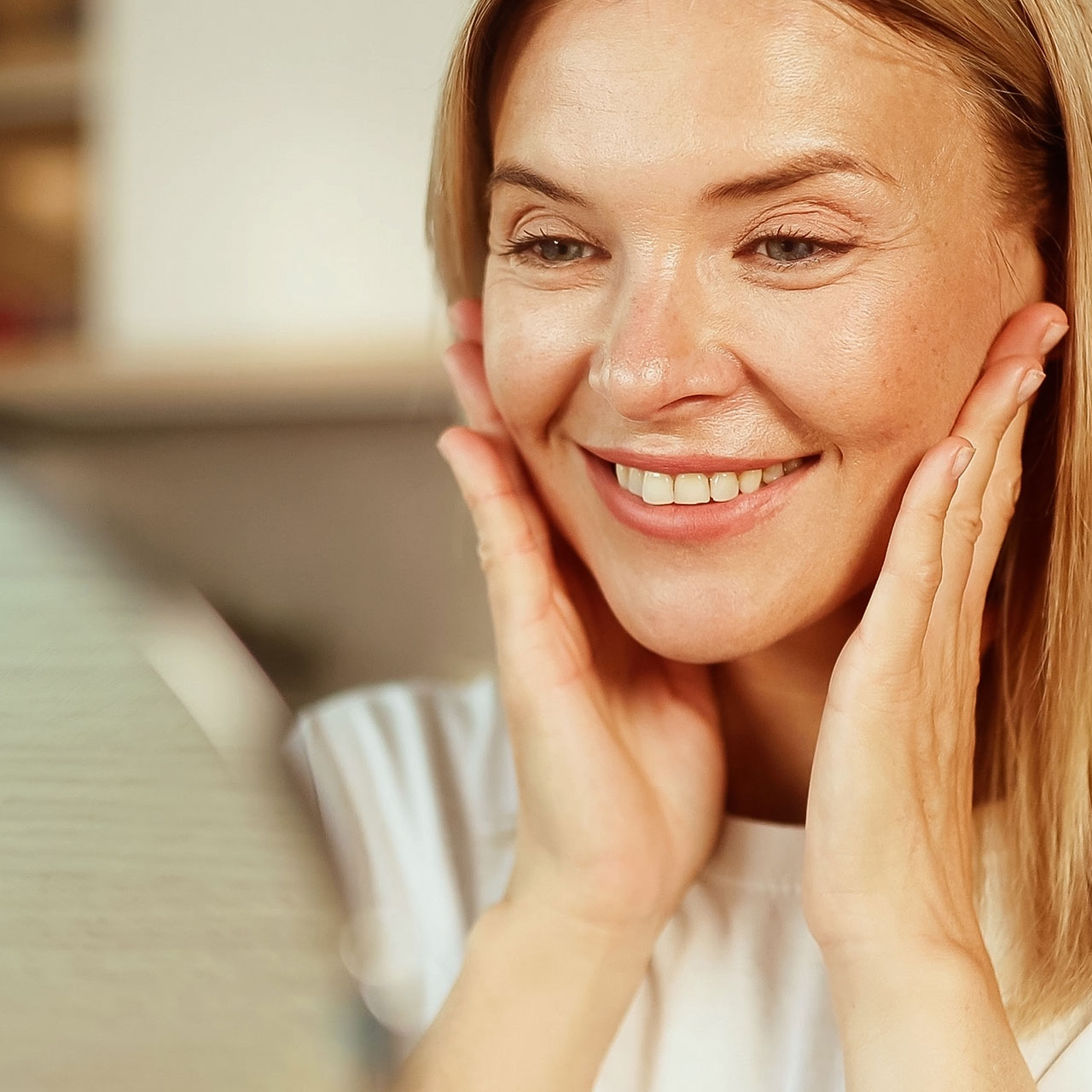This is an archived article and the information in the story may be outdated. Please check the time stamp on the story to see when it was updated last.
SheFinds receives commissions for purchases made through the links in this post.
May is Skin Cancer Awareness Month, and we thought we’d start it off by talking about the most important skincare product out there: Sunscreen. “Sunscreen still remains the most important weapon in preventing premature skin aging and skin cancer,” says Dr. Craig Kraffert, M.D., board-certified dermatologist and President of Amarte.
Sunscreens To Avoid
We all know that we should be using a sunscreen daily, but with so many brands and formulas out there, finding the right sunscreen can be difficult. So, which sunscreens should you be avoiding now that the weather is warmer? Dr. Kraffert says it’s best to steer clear of powder sunscreens as they can cause more harm than good. “Powder sunscreen products do not provide a uniformly favorable skin aesthetic. The concerns with powder sunscreens are related to nano-sized and micronized zinc and titanium inhalation as well as the possibility that typical application techniques do not result in enough product being applied to achieve the label SPF,” he tells SheFinds. “As always, there are situations where powdered sunscreens can serve otherwise unmet sun protection/skin care regimen needs. Nevertheless, I do not advocate powdered sunscreens.”
In addition to avoiding certain types of sunscreens, Dr. Jason Green, D.O., board-certified dermatologist and founder of Green Dermatology and Cosmetic Center in Deerfield Beach, Fla., says that it’s vital to check the ingredients, too!
Best Sunscreen Ingredients
“For any sunscreen, I turn the bottle around and I look at the active ingredients. It has to say zinc oxide and titanium oxide. If it does not, it’s really only protecting you against UVB rays and not UVA, which penetrates deeper and causes skin cancers,” he explains. “The UVB penetrates more superficially and causes your burning, so theoretically, you can be using the wrong sunscreen and not burn, but you’re still getting the harmful UVA ray exposure that can cause cancer. So, if you use the wrong sunscreen, you can stay out there longer in the harmful rays and not realize it.”
As for SPF protection, you should always look for brands and formulas that offer SPF 30 or higher, according to Dr. Green. The same goes for your beauty products! “If the SPF isn’t above 30 and doesn’t have zinc, it’s not good,” Dr. Green says of makeup products that offer SPF protection. “They just have to have the right ingredients. But, there are a lot of makeup products that do have zinc nowadays.” Good to know!
Dermatologist-Recommended Sunscreen
Now that you know what to look out for, here are some of our favorite dermatologist-recommended sunscreens that will help keep you protected this spring:

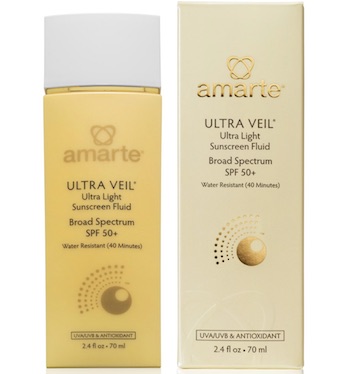
Amarte Ultra Veil Ultra Light Sunscreen Fluid ($39.00)
"Amarte Ultra Veil is the first sunscreen to offer a completely sophisticated, elegant application experience while maintaining the highest SPF performance rating acknowledged by the FDA," Dr. Kraffert explains. "Ultra Veil wears like no other sunscreen on the market. It absorbs completely into skin, producing no perceptible color shift or opacity even on the darkest skin types."
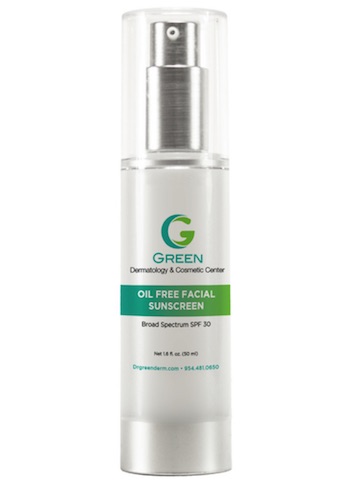
Green Dermatology & Cosmetic Center Oil Free Facial Sunscreen ($40.28)
This sunscreen contains 17% micronized zinc oxide and liposome encapsulated antioxidants, offering the highest level of broad-spectrum protection and a moisturizing, fast-absorbing formula.
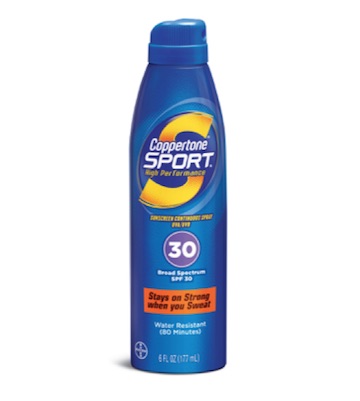
Coppertone Sport AccuSpray Sunscreen ($8.99)
“This water-resistant sunscreen spray stays put even when you sweat, meaning it won’t run into the eyes and sting. Plus, it offers broad-spectrum UVA and UVB protection with active ingredients that absorb damaging UV radiation before it reaches the skin. Another plus: It’s moderately priced,” says Howard Sobel, M.D., an attending physician in dermatology at Lenox Hill Hospital in New York City.
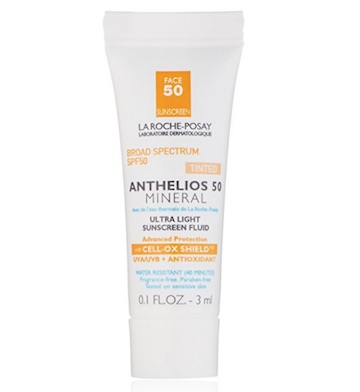
La Roche-Posay Anthelios 50 Mineral Sunscreen ($33.99)
“It’s important to choose a sunscreen like this that has an SPF of 30 or higher, is water-resistant, and contains ingredients like zinc oxide and titanium oxide to provide both UVA/UVB coverage. I love that it goes on sheer and smooth and has a pleasant scent," according to Paul Jarrod Frank, M.D., a clinical assistant professor at Mount Sinai Medical Center in New York City
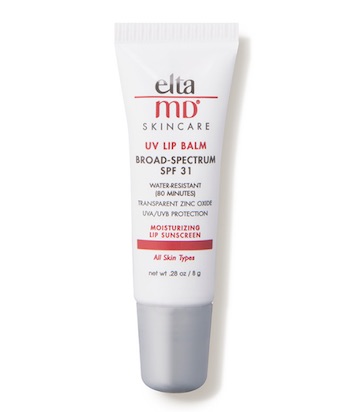
EltaMD UV Lip Balm ($10.00)
“Lips need sun protection since they’re a common site for pre-cancers and cancer. Because lip gloss can attract the sun and cause burns on the lips, I always carry this lip balm with SPF 31 in my purse and use it in place of lipstick or gloss or underneath it. It’s highly moisturizing, cosmetically elegant and has a higher SPF compared to most other lip balms on the market,” says Shari Marchbein, M.D., a clinical assistant professor of dermatology at NYU Langone and Bellevue Hospitals in New York City.












